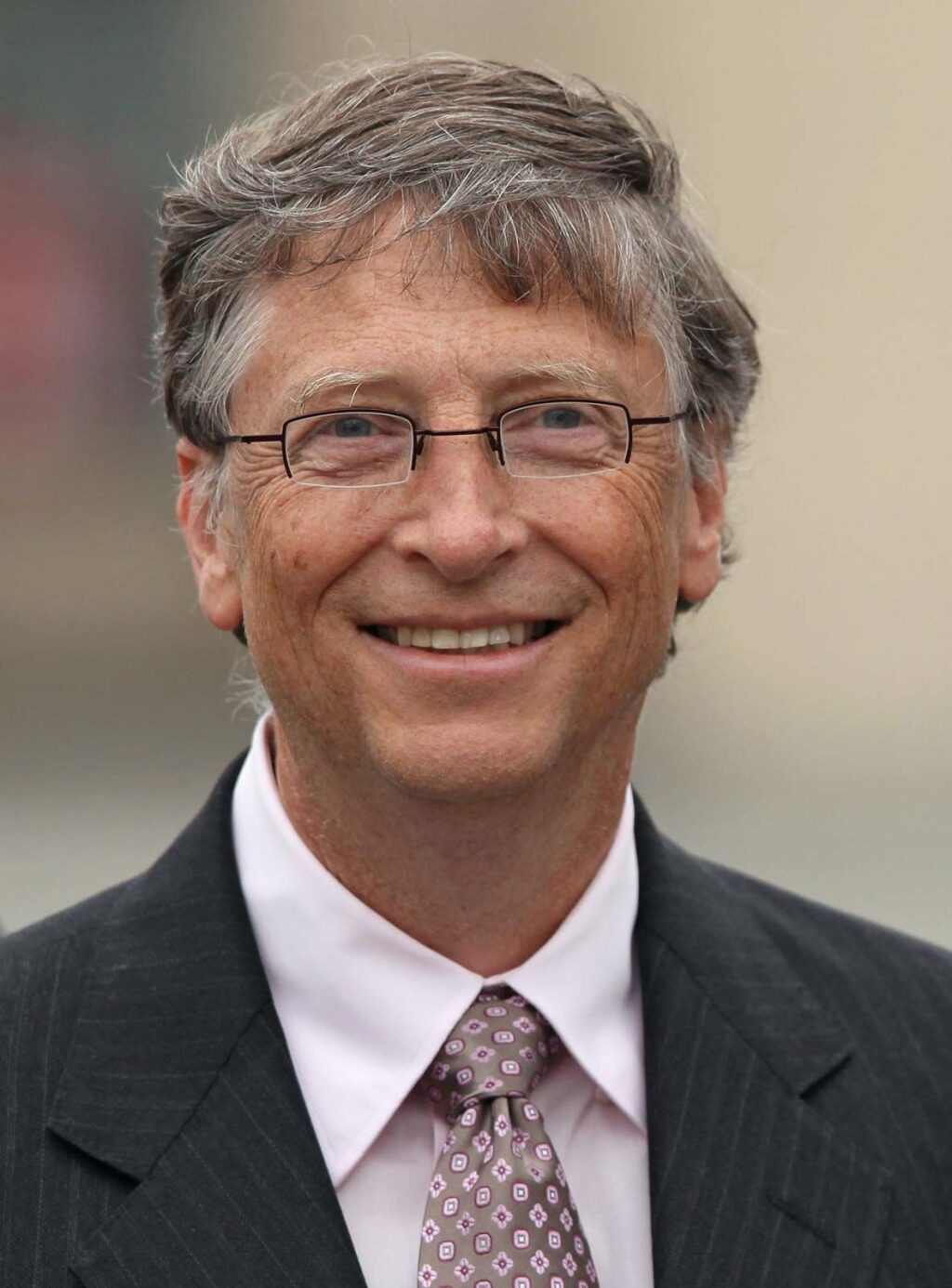
Introduction
Bill Gates, co-founder of Microsoft and a leading philanthropist, continues to be a vital figure in the realms of technology and global health. His transition from software developer to dedicated philanthropist exemplifies the potential impact of leveraging financial resources for social good. As the world grapples with ongoing challenges such as health crises and climate change, Gates’ influence through the Bill and Melinda Gates Foundation has never been more relevant.
The Rise of Bill Gates
Born on October 28, 1955, in Seattle, Washington, Gates displayed an early interest in computers, leading him to co-found Microsoft in 1975 with Paul Allen. Under his leadership, Microsoft grew to dominate the software industry, making Gates one of the wealthiest individuals in modern history. By the year 2000, he had shifted his focus toward philanthropy, establishing the Bill and Melinda Gates Foundation with his then-wife, Melinda.
Philanthropic Endeavors
The Gates Foundation has committed billions towards global health, education, and poverty alleviation. Key initiatives include efforts to combat infectious diseases such as malaria and polio, improve access to vaccinations, and enhance educational opportunities in developing countries. According to the Foundation’s 2022 report, over $5 billion was allocated to combat infectious diseases worldwide in the last year alone.
Recent Developments
In recent news, Bill Gates has been vocal about the need to address climate change through innovative technologies. He launched initiatives focusing on sustainable energy solutions and investments in carbon capture technologies. His book, “How to Avoid a Climate Disaster,” emphasizes actionable strategies to mitigate climate impact, highlighting a pivotal shift in Gates’ philanthropic focus towards environmental issues.
Conclusion
As Bill Gates continues to navigate his roles as a tech innovator and philanthropist, his contributions have profound implications for the future. With ongoing commitments to global health and new ventures in climate change mitigation, he sets a benchmark for how wealth and influence can be channeled into addressing pressing world issues. His work encourages readers and future leaders to consider their roles in contributing to societal change, showcasing that individual action, combined with substantial resources, can lead to significant global improvements.






